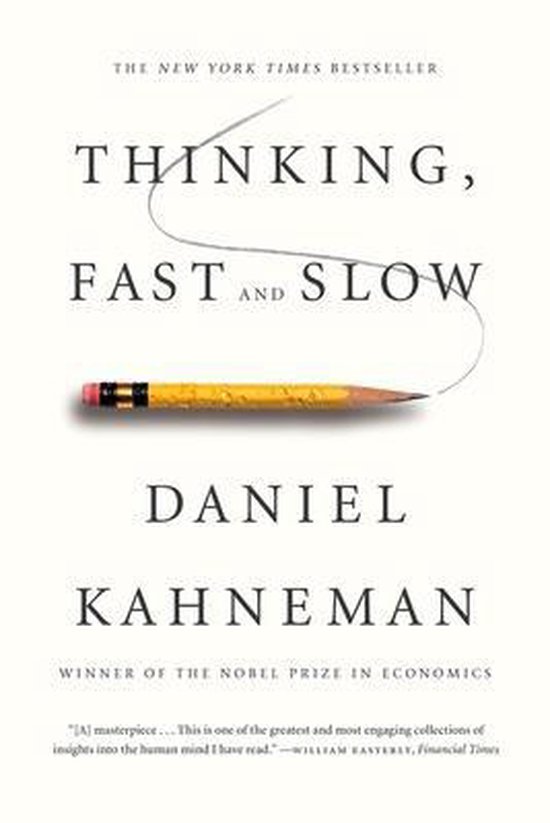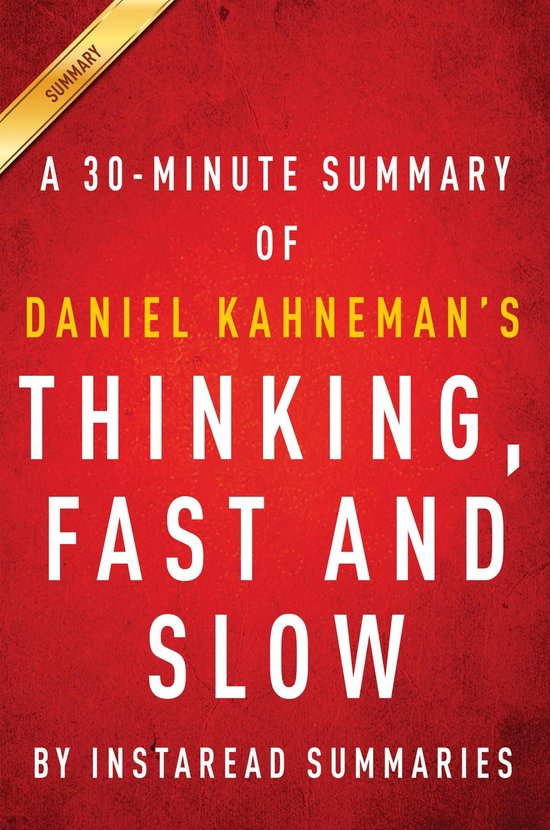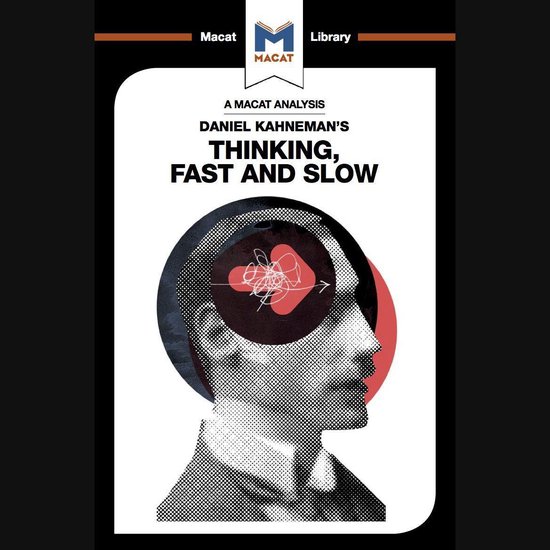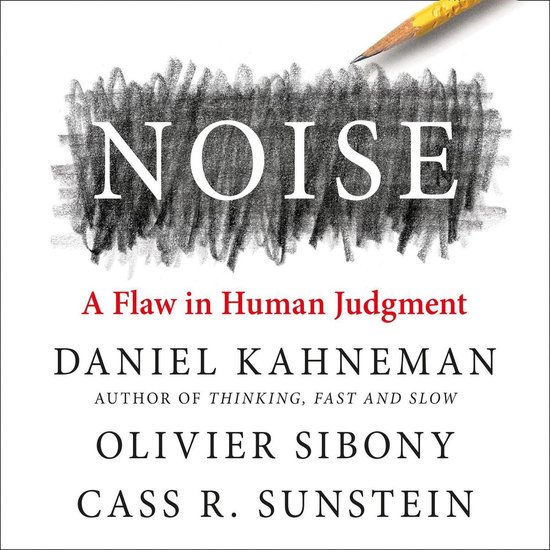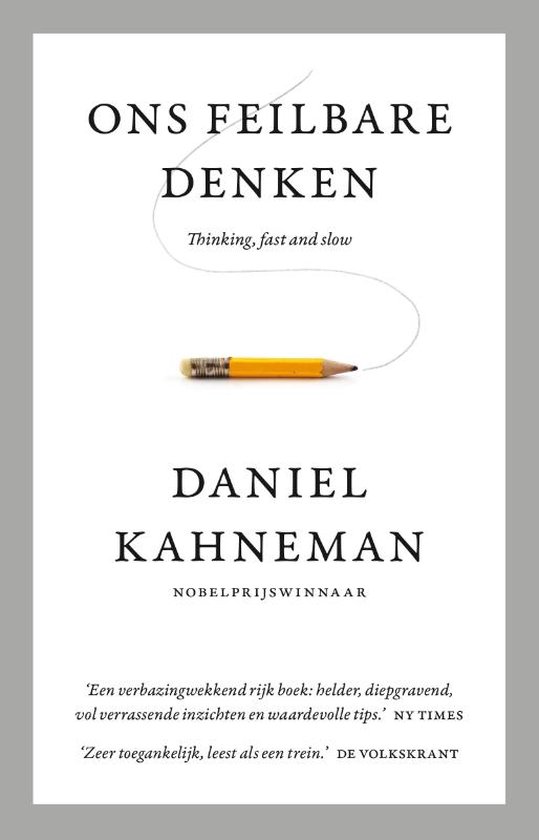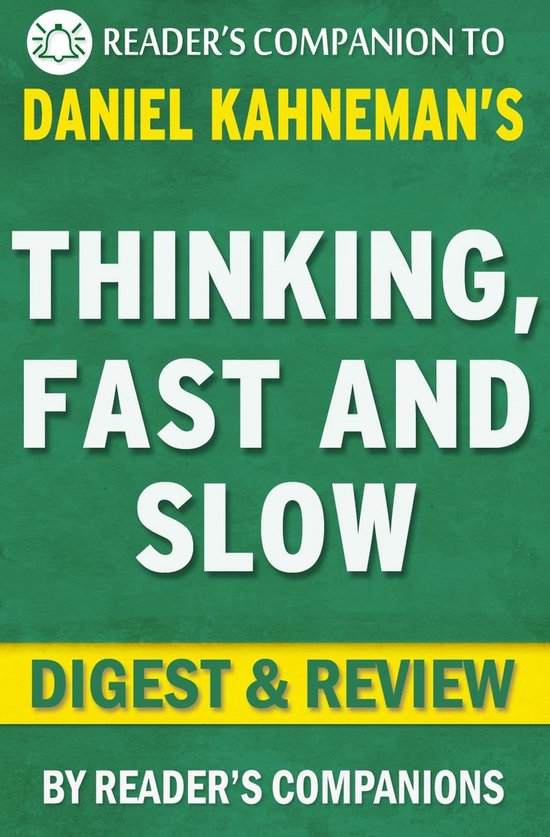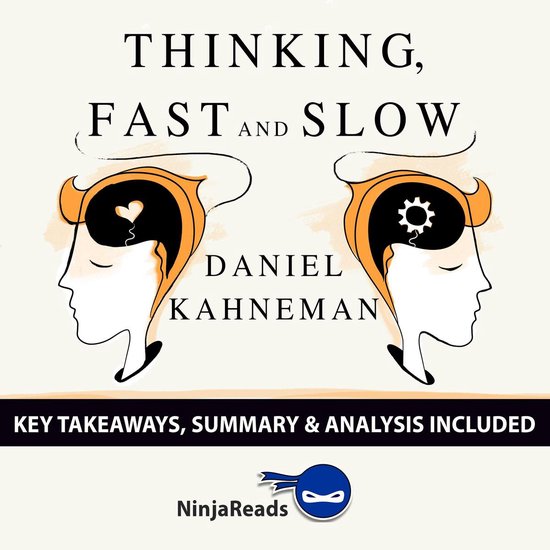
Summary: Thinking, Fast and Slow
*PLEASE NOTE: This concise summary is unofficial and is not authorized, approved, licensed, or endorsed by the original book's publisher or author.*
Short on time? Or maybe you’ve already read the book, but need a refresh on the most important takeaways. In a quick, easy listen, you can take the main principles from Thinking, Fast and Slow!
In the 2011 bestseller Thinking, Fast and Slow, Daniel Kahneman, an economist and psychologist, writes about the way humans make decisions and judgements in a complex world. One of the most renowned economic scholars, his work is also commonly used in sectors such as psychology and even policy making. In Thinking, Fast and Slow, Kahneman helpfully points out the errors in thinking that people commonly have and fall victim to. He frames them as a series of illusions in a well-organized, direct fashion. Through this work, he enables readers to better make decisions and resist any harmful proclivities they may have.
Kahneman gives heaps of statistical information, as well as coloring this information with various vignettes, showcasing different studies done by him and other researchers who inspired or furthered his work. Crucially, he discusses the roles of two systems in our mind, the fast and the slow brain, System 1 and 2, respectively. These two systems often fail us, leading us to make decisions based on our intuition rather than all the information in front of us; nevertheless, they stem from evolutionary measures meant to keep us safe, and by understanding how these thoughts work, we can learn how to make stronger decisions.
This audiobook encapsulates key takeaways found in the original book. We’ve also provided an in-depth analysis as well as removing any fluff to save you hours of your time. If you’ve read the original, then this audio summary will help you solidify the most important lessons.
| Auteur | | Brooks Bryant |
| Taal | | Engels |
| Type | | Digitaal luisterboek |
| Categorie | |
